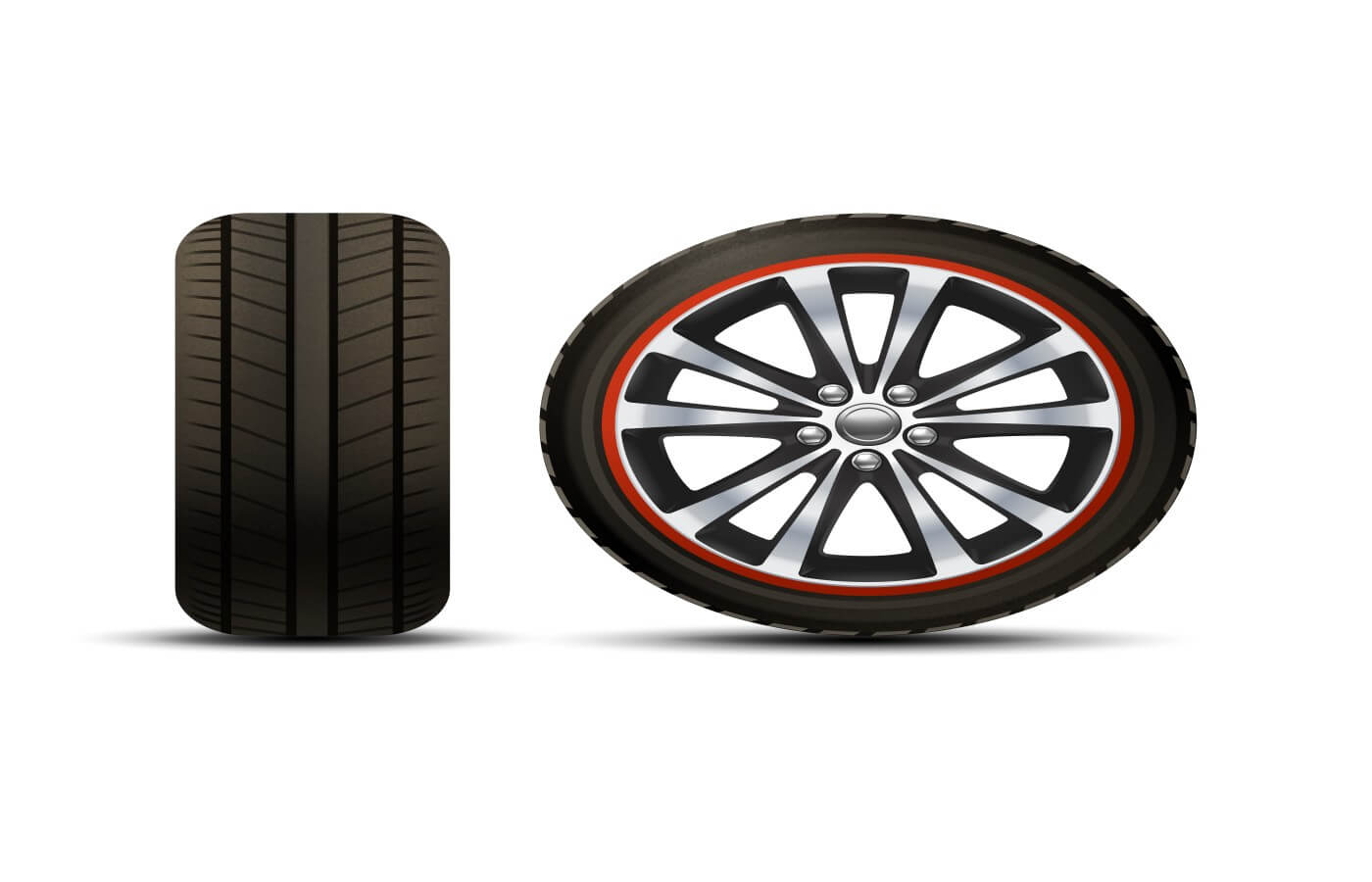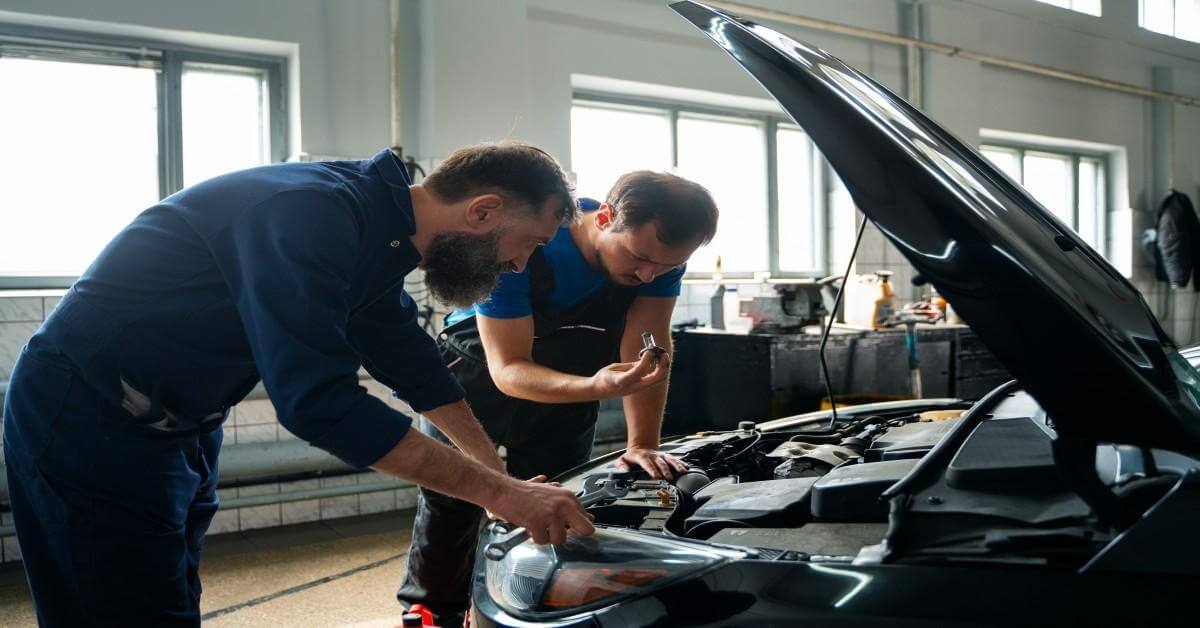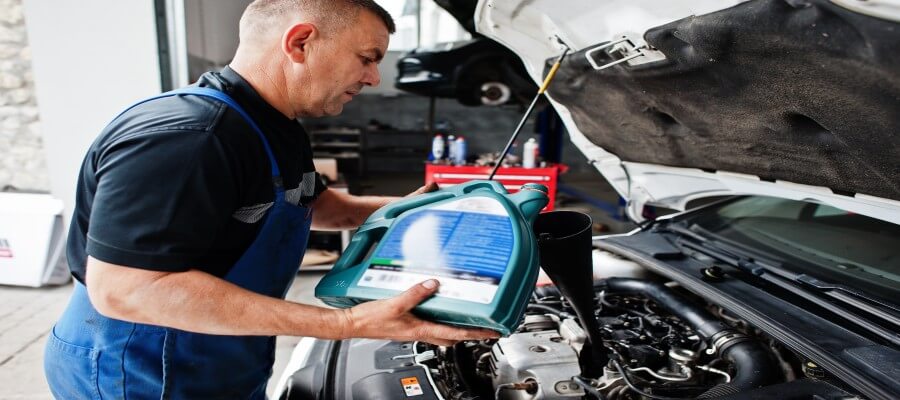In today’s world, owning a car is not a luxury but a necessity for many people. Cars give us convenience and comfort, but they also come with the responsibility of maintenance.
Regular maintenance not only ensures the good health of your car but also helps prevent costly repairs and sudden breakdowns on the road. Knowing just how to drive is not enough.
While professional servicing is essential, there are several do-it-yourself (DIY) car maintenance tips that every car driver must know. These tips empower you as a car owner and also contribute to your overall driving experience and safety on the road.
Here’s a guide to essential DIY car maintenance tips that can save you money and empower you to take charge of your vehicle’s health.
Table of Contents
1. Engine Oil Check and Change
Engine oil is the lifeblood of a car’s engine. It provides lubrication and ensures smooth operation. Regularly checking the oil level and changing it per the manufacturer’s recommendations is crucial for the health of your engine.
One should make sure to use the correct grade of oil recommended for their car to maintain maximum performance.
2. Tyre pressure

Your wheels are the only point of contact between the road and your car. Hence, ensuring proper tyre pressure is essential for safe driving, fuel efficiency, and tyre longevity. One should always invest in quality tyres and get tyre pressure checked once a month.
Under-inflated tyres can lead to increased fuel consumption and poor handling, while over-inflated tyres can affect traction and increase the risk of a blowout. It is always advised for a car driver to learn how to change the tyre of his car if there is an emergency.
3. Replace worn-out wiper blades.
Wiper blades contribute a lot to the clear visibility for driving. Clear visibility is crucial for safe driving, especially during adverse weather conditions. Inspecting your wiper blades regularly for signs of wear and tear, such as streaking or skipping, is a must for every vehicle.
One should replace them if they are not effectively clearing your windscreen, as worn-out wiper blades can compromise your visibility and safety on the road.
4. Inspect and replace air filters.
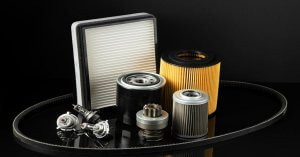
Air filters play a vital role in maintaining the air quality within your car’s cabin and ensuring optimal performance of the engine. Over time, air filters become clogged with dirt and debris, affecting airflow and engine efficiency.
Checking car air filters regularly and replacing them as needed to maintain a clean air intake and improve fuel efficiency is an important task.
5. Check the fluid level of your car.
In addition to engine oil, your car relies on various other fluids, such as coolant, brake fluid, and transmission fluid, for smooth operation. Regularly check these fluid levels and top them up as needed.
Low fluid levels lead to overheating, brake failure, and transmission problems, potentially causing serious damage to your car.
6. Inspect and clean battery terminals.
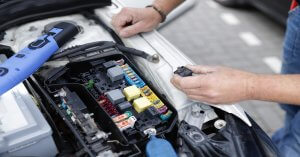
Corrosion buildup on battery terminals hinders the flow of electricity and affects the performance of your car’s electrical system.
Periodically inspect the battery terminals for corrosion and clean them using a mixture of baking soda and water. Ensuring clean and tight connections will help prevent starting problems and electrical issues.
7. Lightly test and replace
Faulty lights compromise your visibility on the road and also increase the risk of accidents, especially during nighttime driving. It is advised to regularly test all exterior lights, including headlights,
taillights, turn signals, and brake lights, and replace any bulbs that are not working or dim. This simple maintenance task can significantly enhance your safety on the road.
8. Wheel Alignment and Balance

Wheel alignment and balance play a crucial role in ensuring optimal handling, tyre wear, and fuel efficiency. Timely check the alignment and balance of your car’s wheels and have them adjusted if necessary.
Properly aligned and balanced wheels contribute to a smoother ride and reduce the risk of premature tyre wear and suspension damage.
9. Keep your car clean and protected.
Regularly washing and waxing your car is a good habit. It not only keeps your car looking its best but also protects its paint and finish from damage caused by dirt, road debris, and harsh weather conditions.
Invest in high-quality car care products and establish a regular cleaning routine to maintain the appearance and value of your vehicle.
10. Follow the manufacturer’s maintenance schedule.
Your car’s manual is your bible. Always refer to your car’s owner’s manual and follow the manufacturer’s recommended maintenance schedule.
This includes periodic inspections, fluid changes, belt and hose replacements, and other essential maintenance tasks. Adhering to the recommended schedule ensures that your car stays in the best condition and minimises the risk of unexpected breakdowns.
11. Bonus Tips

- Keeping records: Maintaining a logbook of your car’s maintenance history is vital. Record the date, mileage, and type of service performed for each DIY task or professional service. This information will help you keep track of upcoming maintenance needs and your car’s overall health.
- Help from the Internet: The Internet is a treasure trove of information for DIY car enthusiasts. A lot can be learned through videos and blogs for DIY car maintenance tips easily available online.
Connect with other DIY enthusiasts and find video tutorials for specific car maintenance tasks.
In conclusion, DIY car maintenance saves unnecessary expenses and also empowers you, as a car owner, to take better care of your vehicle. By following these simple tips and incorporating them into your regular maintenance routine, you can ensure your car’s longevity,
reliability, and safety for years to come. Remember, a well-maintained car not only performs better but also provides peace of mind and safety on the road. Learn to do DIY for your car’s maintenance and be stress-free on the road.









